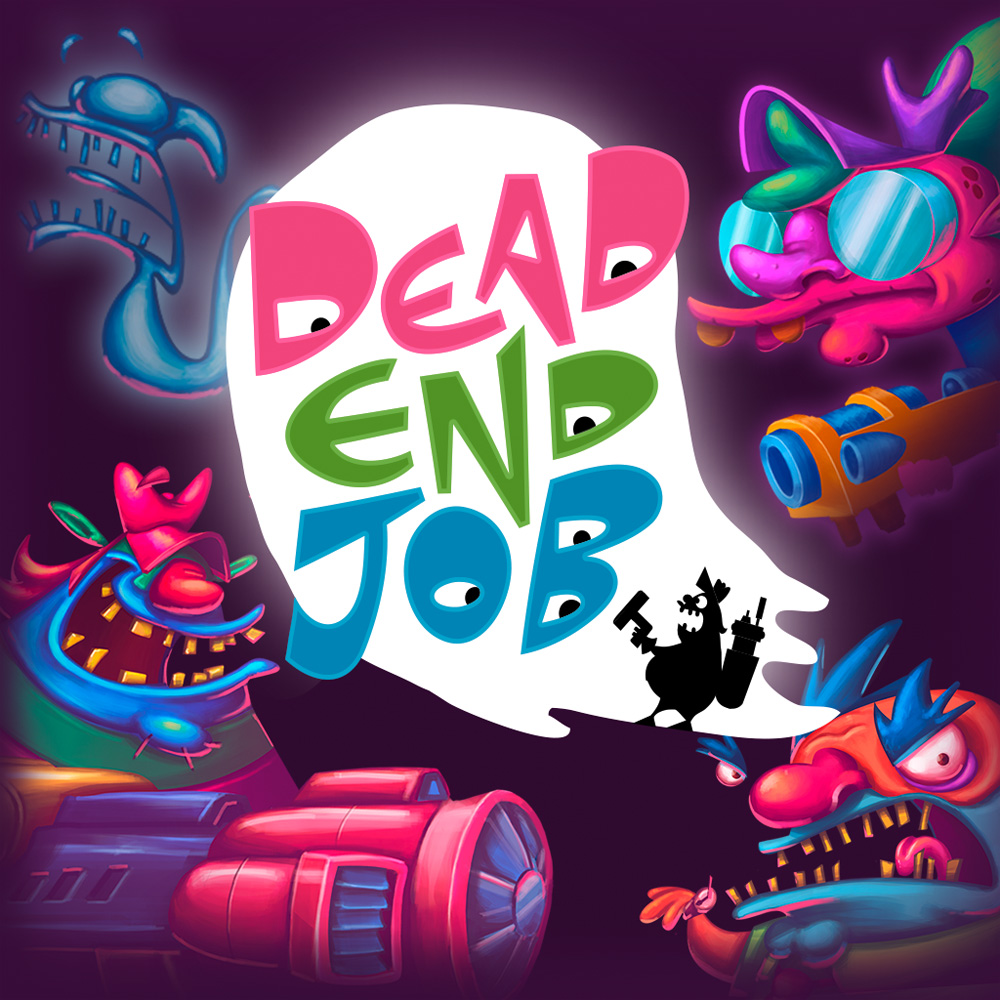Atelier Ryza: Ever Darkness and the Secret Hideout Review
Fast Facts
Title: Atelier Ryza: Ever Darkness & the Secret Hideout
Developer: Gust
Publisher: Koei Tecmo
Website: https://www.koeitecmoamerica.com/ryza/
Genre: JRPG
Platform: Nintendo Switch
Audience: PEGI 12
Release Date: 01/11/19
Price: £49.99 – Rapid Reviews UK were very kindly provided with a review code for this title.
The twenty-first entry into Gust’s monolithic Atelier series arrives in style. Atelier Ryza kicks off a brand-new trilogy with a new theme of ‘summer memories’. This time, Gust seems to want to prove a point; that they can make a deep but accessible game while retaining the best elements of their trusted format. Does it achieve in this regard? Sort of.
Reisalin ‘Ryza’ Stout starts out in a lul, feeling stuck in a dull perpetual nightmare. Stuck in a small hometown where no one wants to leave, never knowing what the world truly has to offer outside stories, legends and flying visits from travellers, Ryza wants to move on. She just needs the right trigger. Enter alchemy. When a couple of mysterious visitors treat Ryza and her trusted childhood buddies, Lent and Tao to a taste of alchemy, adventure and historical secrets, the gang sets out with lofty goals, a renewed outlook and a fresh perspective. There’s more to the local land than they could imagine and there are a few shocking revelations awaiting them on their doorstep. Before long Ryza’s got her own hideout and man, it’s sweet.
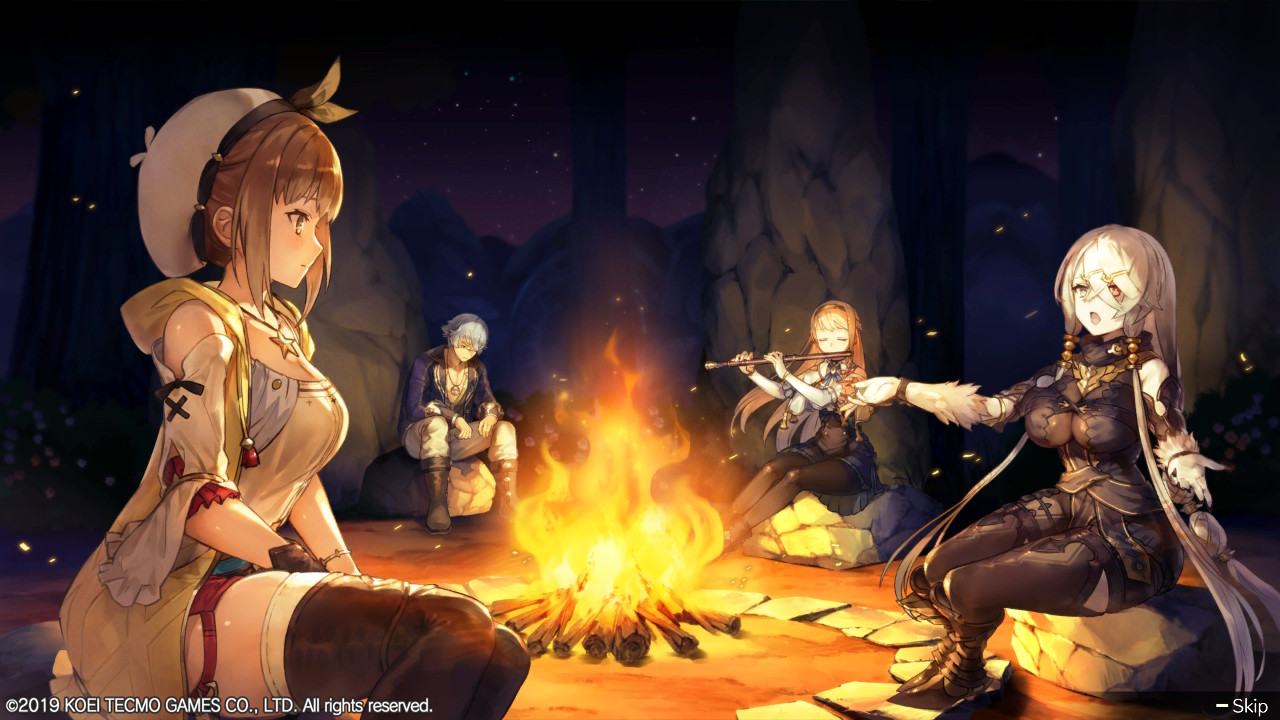
Atelier a Story
What’s pitched as a small-scale, intimate narrative holds true with lots of low-stakes, personal circumstances carving the path through the story. There’s a sprinkle of melodrama here and there but on the whole, the writing is solid, placing warm comradery front and centre while side-lining anything approaching a world-changing event. The story leans on its theme with a plot that, for many aspects, wouldn’t be out of place in a slice-of-life manga.
As is key to the feel-good friendship vibes of any good Atelier title, Ryza and her friends embark on the usual coming-of-age quest of self-discovery. Nothing new there then. Yes, if there’s a story element that will stick until Gust’s metaphorical death, it’s the teen alchemist growing up. But hey, I knew what I was getting into so there’s nothing to complain about. Ryza herself falls into many of the usual anime-style archetypes but that doesn’t detract from her loveable character. With a thirst for adventure and knowledge, a kind-heart and strong actions for anyone crossing her. While there are only a small number of party characters, each holds their own motives and a couple have strong backstories which are gradually revealed to good effect. The teamwork is at its most exciting during combat though.

Chain Reaction
Gust, in the Atelier series, always enjoy experimentation and perhaps the biggest overhaul in Ryza is the new battle system. Employing a semi-turn based, partial real-time system (think ATB), Ryza’s fights are designed to keep you on your toes. Supporting these faster decisions is a simple interface which maps face buttons to actions or a particular action’s sub-menu. It’s quick and snappy but can be hectic trying to keep track of the AI’s use of your resources.
The player only directly controls a single character at a given time but switching on-the-fly allows commands to be issued to any chosen party member. The AI takes the reigns for those not selected though, through use of the d-pad, the player can switch between negative (passive) and aggressive modes, the latter of which the AI will recklessly deplete your AP to deal as much damage as they can.
Building up AP (action points) allows the use of special attacks, however, once you have maximised your AP gauge through normal attacks or combinations between party members, you can choose to sacrifice your points to gain a tactical level. By increasing your Tactics level, normal and special attacks are extended, giving much higher damage output. It’s an interesting risk/reward balance to manage under the time constraints of an ATB.
When your teammates’ prompt is answered with the specified action (‘use an item!’) a chained special attack will occur with bigger chains available under the right circumstances. Effective management of AP, AI modes, combos and tactical level quickly becomes second nature, making for attentive but enjoyable skirmishes.
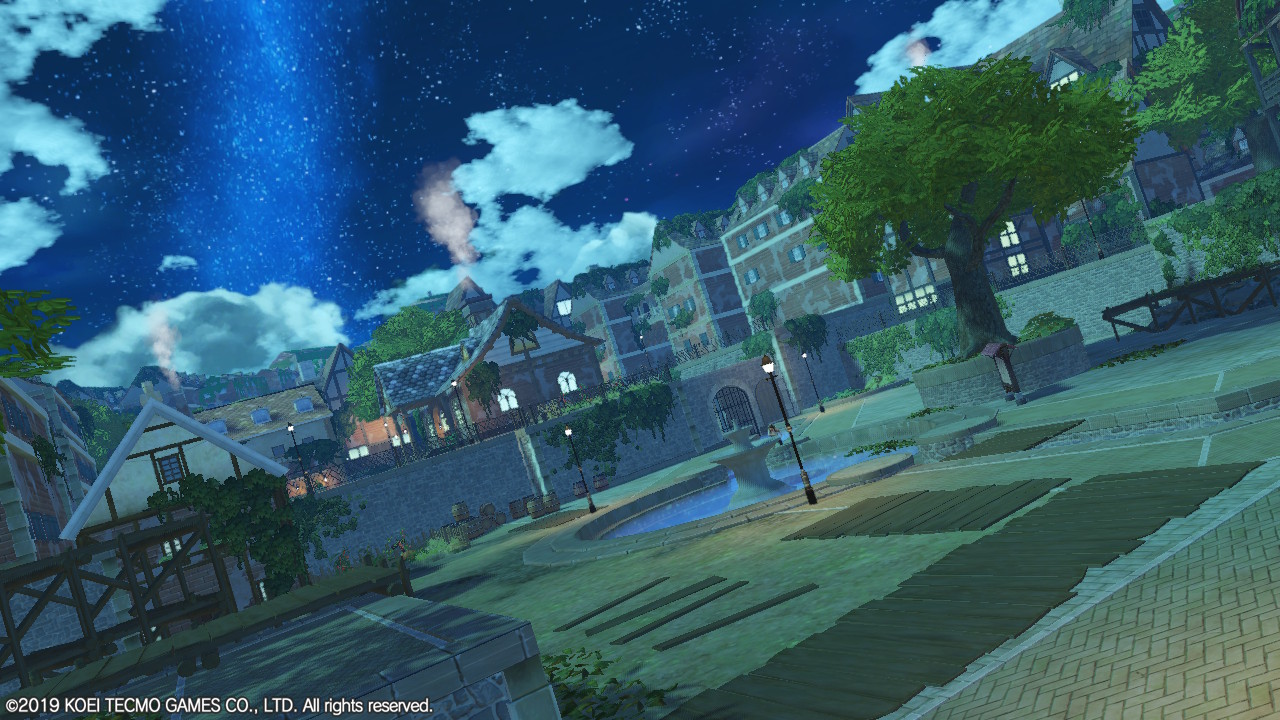
Ryza’s arsenal is limited to just a few items per run, though those items technically have unlimited quantity, usage is limited by a separate cost attached to each item. CC (core charge) depletes and can only be recharged by either temporarily sacrificing an item or resting outside combat, again adding yet another risk/reward element. The type of weaponry, armour and accessories equipped determines your character’s effectiveness in a small number of pre-defined roles in battle, beyond their base stats. Though these roles assigned by a level of proficiency, they don’t fundamentally change your options, just your effectiveness.
All this is wrapped in a traditional exp and levelling up system, but tactical consideration managed to trump the desire to level grind for me by keeping the combat absorbing.
Difficulty settings allow for an easier or horrific run, depending on preference. Nice to have the options but I found normal added enough of a challenge to prompt gearing up. Honestly, I would recommend not pulling the difficulty down unless truly required because the strength of Atelier Ryza is in its reliance on its best feature; alchemy, and gearing up is the best incentive for pressing on with your concoctions.

The Sun Doesn’t Set, it Ryzas
With plenty of visual emphasis on morning, noon, dusk and night, these four states completely transform the landscapes. The starry skies offer a cool backdrop to the shadowy forests, but the real star of the graphical show is the warm afternoon glow. There’s clean artistry that side-steps the relatively low fidelity (on Switch, at least) with each environment, no matter the lighting, and it cultivates a fresh method of immersion; I always felt ‘at home’ in each of the game’s small maps.
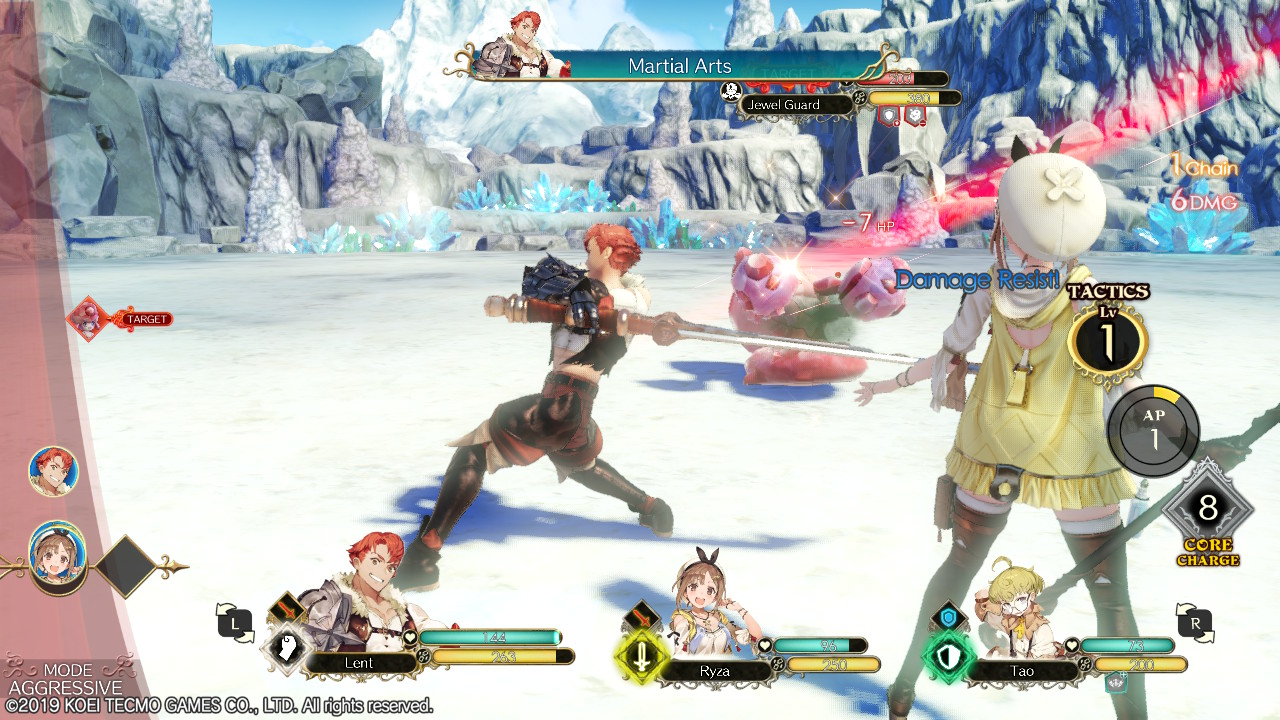
The shortfalls of a very linear game where you can’t ‘explore everything you see’ can usually be ignored in favour of the extras packed within smaller environments. Even for an Atelier game, Ryza is laser focussed where its locales are concerned, with points of interest giving way to simple checkpoints. While the environments look welcoming, and it’s great fun to tackle new enemies or try a new tool out at a gathering point, there’s little by way of secret paths or any dense areas that hold much more than extra gathering points. This is often the case for the series to be fair, but in Ryza you never really feel adequately rewarded for going out of your way. High quality and rare materials seem to just land on your lap for the most part and the hidden bosses aren’t particularly hidden. Perhaps this was a symptom of trying to be thorough, but it didn’t feel like I had to work quite as hard as in say, Atelier Meruru. That said, with the engaging story, effortless brilliance of the alchemy system and the silky-smooth combat mechanics there’s more than enough to make up for it.
The linearity didn’t remove the joy of adventuring through the sunkissed port town of Kurken Island, the blazing mountain trails of the Weissburg Volcano or through any of coves, plains and frosty caverns, but in comparison to the epic force of Atelier Ryza’s synthesis system, there’s simply no contest.

I don’t trust alchemy… it’s all made up
The story naturally introduces you to the world of alchemy and does a decent job of it for newcomers, citing the need to gather materials from ‘gathering spots’ while out and about, then giving a hands-on tutorial through the basics as required.
Of course, the tentpole of any good atelier is its alchemy cauldron. But who cares about that because it’s all about the UI.

On choosing a recipe, you’re thrust into a sphere grid in which you must add the right type of material to open up adjacent spheres. Each sphere represents an attribute of the final product you’re attempting to synthesise. With quantity, quality, effects and traits to balance there’s a lot to get your head around, especially when it comes to building the best equipment. Healing, buff, debuff and offensive items can have multiple effects, a better range or increased potency depending on your approach.
Consideration needs to be given to the limitations of your current inventory and to which traits you wish to pass on to the next item. After the successful synthesis of several items you gathered, you quickly expand your recipe list, unlocking new recipes through the old method of reading an acquired book or the new method of unlocking recipes within recipes. It’s like alchemy Inception and it’s a hell of a lot of fun.
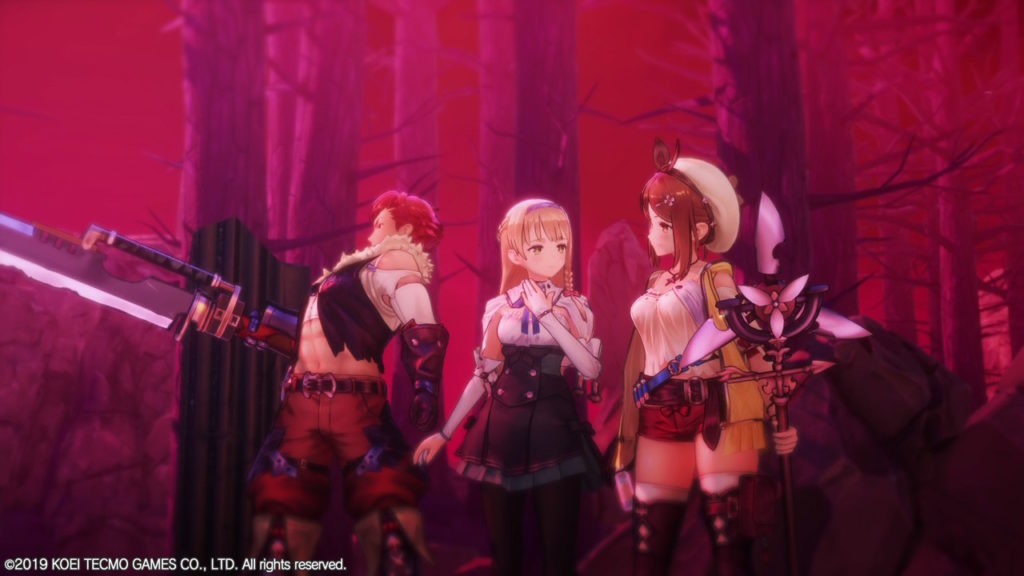
Successively creating gathering tools such as an axe or scythe will open up more materials from existing gathering spots or allow you to gather rare materials where previously unable.
What manages to be a complex and deep system is also surprisingly intuitive with all key information available without trawling through many different sub-menus. It’s an impressive evolution of an already inventive series feature. That’s without going into the gem reduction and item rebuild features but you know, how long have you got, really?
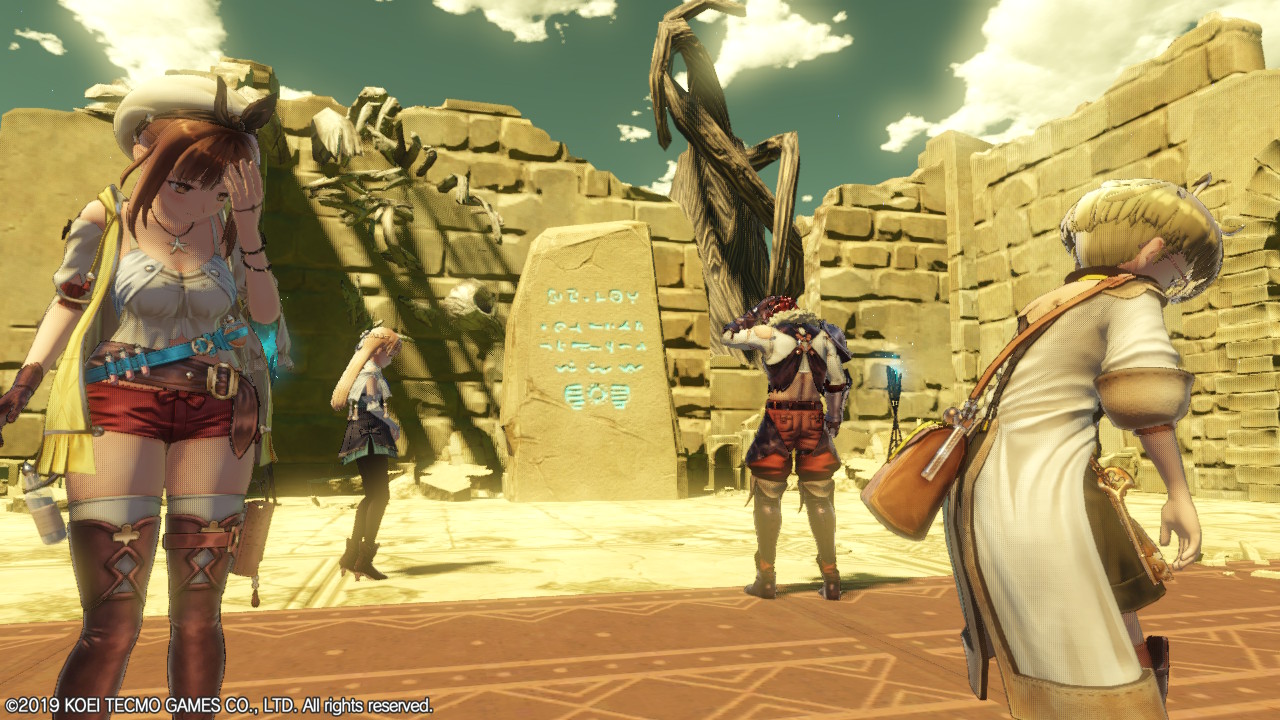
Base Expectations
Atelier customisation isn’t new to the series but there are some options for personalising your home-away-from-home. The problem is in how to actually unlock the option to do so. It took close to the end of the game before I stumbled upon the right method (buying from Kludia’s old man and unlocking the building material recipes from within existing building materials, you’re welcome). There should have been more sign-posting and earlier availability for this feature in my view.
One of the biggest departures is the lack of alternative endings; a blessing or a curse depending on your perspective. Take the recently remastered Arland series, for example. Aiming for the full story involved painstakingly ensuring events were triggered at the right moment, forcing you to constantly revisit every side character to make sure you weren’t missing out. That’s all well and good, and certainly rewarding when you finally get to the end game, but it was too easy to stray off course. When it got to the point of visiting a shop (whose inventory you already know will offer you nothing you want at a reasonable price) for the sixteenth time just on the off-chance you’ll be given a side quest or hint, it began to get hard to defend as a gameplay loop. And I say this as someone who’s very tolerant of the JRPG grind. Suffice to say I suspect I’m not alone in feeling relief that Ryza keeps it focussed.
In Atelier Ryza side quests are plentiful, rarely involving anything more than a spot of gathering and alchemy. Given the entire series has built its reputation on this very premise, it’s completely expected, but these quests provide an incentive to diversify your alchemy and a push to unlock new recipes. Other tasks, categorised by an achievement checklist, also provide rewards, for example ‘defeat a certain number of a particular type of enemy’ or ‘gather a certain amount of unique materials’. They can be fun to reel off and many are achieved without having to divert attention.
Topping off the extras is a very welcome photo mode, allowing free movement of the camera and a range of filters, borders and character poses.

Ryza’s Shine
As great at the game looks, performance on the Switch isn’t the best, running at a more stable framerate than past Switch entries, but with what appears to be an uneven frame-pacing issue that’s hard to ignore in the opening hours. Ultimately, it’s consistent though and means there are no obvious dips in more demanding areas.
Did I mention the soundtrack? A full range of beautifully constructed orchestral-style pieces with added JRPG catchy charm, memorable, suitable for each location and rounded off with a battle theme full of bouncy piano and flute-leads.
Alright, so I miss the multiple endings and sometimes even the micro-management of inventory and travel but honestly, all that faded when offered the gift of convenience. Atelier Ryza strips back the faff and doubles down on the alchemy, offering a markedly different experience. Is this a good time to jump into the series? If you’re prepared to spend a bit of time understanding the alchemy systems than yes, there’s no better place to start. For series veterans, it sets the bar high for the start of what’s likely to be a memorable trilogy. Just bench your gaming masochistic side for this outing, at least until you grab all the planned DLC. Also: barrel.
Rapid Reviews UK Rating

You can buy Atelier Ryza: Ever Darkness & the Secret Hideout from the following stores:
eShop PlayStation Store Steam

